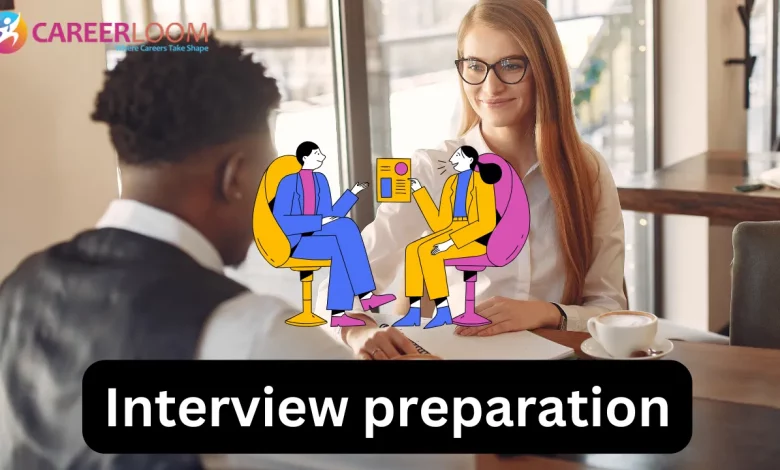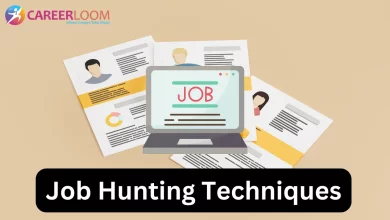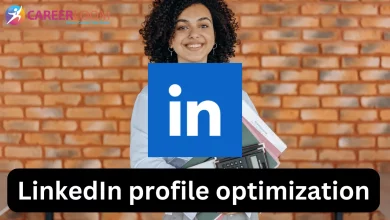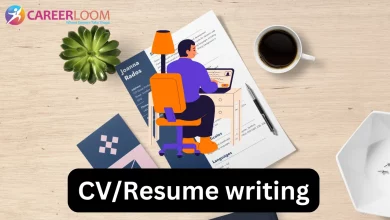Mastering Interview Preparation: Strategies for Success

Landing an interview can feel like you’re halfway to your dream job. But it’s also the most important moment to make sure everything you’ve worked for up until that point counts. The nerves kick in, the what-ifs start popping up, and suddenly, all the preparation you thought you’d done feels irrelevant. But don’t worry—mastering interview preparation is not some mystical art reserved for a select few. It’s a skill you can learn, and with the right strategies, you’ll stand out as a confident, capable candidate.
So how can you make sure you’re ready for anything that comes your way in an interview? The key is preparation. We’re not talking about memorizing answers to every question they could possibly ask. It’s more about setting yourself up for success with the right mindset, skills, and strategies. Let’s explore how you can navigate this process with ease.
What Are the Key Strategies for Interview Success?
To ace an interview, you need to approach it with a blend of preparation and adaptability. There’s no one-size-fits-all approach, but a few key strategies will work across almost any scenario.
Know the Company Inside and Out
Before your interview, do your homework. Research the company, its values, mission, culture, and recent news. If you can speak knowledgeably about the company’s goals and how your skills align with them, you’re already ahead of the game. Think about it: when you can tie your strengths to the company’s needs, you become not just a potential hire, but a solution to their problems.
For example, if you’re applying to a tech company that’s recently launched a new software product, find out how that fits into their overall business strategy. If your experience is in software development, you can highlight your knowledge of similar products and show them how you could contribute.
Understand the Role Thoroughly
Know the ins and outs of the position you’re applying for. This means going beyond the job description. Dive into the skills required and the day-to-day responsibilities. If you’re unsure about something, don’t hesitate to reach out to someone in the industry or current employees via platforms like LinkedIn.
For instance, if the role requires project management, make sure you understand the specific tools (like Trello, Jira, or Asana) they might use and be ready to discuss your experience with those.
Practice, Practice, Practice
Interview preparation is like a sports game—you can’t win if you haven’t practiced. Take time to rehearse answers to common interview questions like, “Tell me about yourself” or “What are your strengths and weaknesses?”. But don’t just memorize answers—practice speaking confidently and clearly. Mock interviews with friends or even in front of the mirror can help you get comfortable with your responses.
Tip: Record yourself speaking. It might feel awkward at first, but it will give you insight into how you come across. Are you speaking too fast? Are you using filler words like “um” or “like”? Recognizing these patterns early will allow you to fix them before the big day.
How Can You Handle Tough Interview Questions?
No matter how well you prepare, you’ll likely face a tough question or two. These are the ones designed to throw you off balance. Instead of fearing these questions, approach them with a calm mind. Here’s how to handle them:
“Tell me about a time when you failed”
This is one of the most common—and intimidating—questions, but it’s also one of the easiest to tackle with the right mindset. The goal here isn’t to present yourself as a perfect candidate; it’s to show how you learn from mistakes and handle challenges. Pick a real example of a time when something didn’t go as planned, but highlight how you recovered and what you learned from it.
For instance, you might say: “I once missed a project deadline due to miscommunication with my team. However, I immediately took responsibility, worked with my manager to adjust the timeline, and set up clearer communication channels for future projects. Since then, I’ve been much more proactive about ensuring all team members are aligned on deadlines.”
“Why should we hire you?”
This is your chance to shine and really demonstrate how your skills are the perfect fit for the job. The best approach is to blend your skills with the company’s needs. Focus on what makes you unique and how you can contribute. Instead of just listing qualifications, tie them to specific ways you can solve the company’s problems.
For example, if you’re applying for a sales position, you might say: “I believe my proven track record of meeting and exceeding sales targets, along with my ability to build strong relationships with clients, would allow me to contribute immediately. Your company is expanding into new markets, and my experience in international sales would help us navigate that growth.”
What Are the Common Mistakes to Avoid During an Interview?
Even if you’re fully prepared, it’s easy to make a mistake during an interview that can cost you the job. Let’s break down some of the most common mistakes candidates make and how to avoid them.
Lack of Preparation
This is the #1 mistake anyone can make. Going into an interview without doing your research on the company or the role is like going to battle unarmed. Take time to understand the company culture, the role, and even recent news that might be relevant. Preparation shows you’re genuinely interested and serious about the opportunity.
Talking Too Much
There’s nothing worse than a candidate who rambles. When answering questions, be concise and focused. Your goal is to provide relevant information, not to go off on tangents. If you’re asked about your experience, give them a concrete example, and tie it back to how it aligns with the role you’re applying for.
Neglecting to Ask Questions
You should always have a few questions ready for the interviewer. This shows that you’re engaged and interested in the role. Asking questions about company culture, team structure, or specific challenges within the role will demonstrate your enthusiasm.
Example question: “Can you tell me about the team I’d be working with and how success is typically measured?”
How Do You Maintain Confidence During the Interview?
It’s normal to feel nervous before an interview. But confidence can make a world of difference in how you’re perceived. Here’s how to keep your cool:
Body Language is Key
Your body language speaks volumes before you even open your mouth. Maintain good posture, make eye contact, and offer a firm handshake. These simple actions can convey confidence without saying a word. Practice in front of a mirror or with a friend if you need to.
Reframe Negative Thoughts
Nervousness often comes from negative self-talk. If you’re thinking, “I’m not good enough” or “What if they don’t like me?”, try to replace those thoughts with positive affirmations. Instead of worrying about what could go wrong, focus on what you can control—your preparation and your ability to handle the situation.
For instance, think of an interview as an opportunity to showcase what you’re capable of, rather than a test to see if you’re “good enough.”
How Can You Close the Interview Successfully?
As the interview comes to a close, your last impression can be just as important as the first. Here’s how to make sure you leave on a high note.
Express Gratitude
Always thank the interviewer for their time and the opportunity to discuss the role. This is both polite and professional and leaves the door open for further communication. A simple “Thank you for considering me for this opportunity. I’m really excited about the potential to contribute to your team” can go a long way.
Reiterate Your Interest
Before you leave, it’s important to show that you’re still excited about the position. Reiterate why you’re a good fit for the role and how you’re looking forward to the next steps in the process.
Frequently Asked Questions About Interview Preparation
How do I prepare for an interview in a short amount of time?
If you’re short on time, focus on the essentials: research the company, review the job description, and practice your answers to common questions. Prioritize quality over quantity—even if you only have an hour, make sure you’re prepared with a few well-thought-out responses.
What should I wear to an interview?
Dress appropriately for the role and company culture. When in doubt, aim for business casual—something that makes you look polished but not overdressed. If you’re unsure about the company’s dress code, err on the side of more formal.
How do I calm my nerves before an interview?
Try deep breathing exercises or visualize yourself succeeding in the interview. Focus on the process, not the outcome. Remember, the interviewer is just another person, and they want you to succeed.
Conclusion
Mastering interview preparation doesn’t have to be a daunting task. By following these strategies, you’ll go into any interview feeling confident, prepared, and ready to succeed. Keep in mind that every interview is a learning experience, and even if things don’t go perfectly, there’s always something valuable to take away. With enough practice and the right mindset, you’ll soon have a string of successful interviews to build on. So, get ready, dive in, and make that great first impression count!


